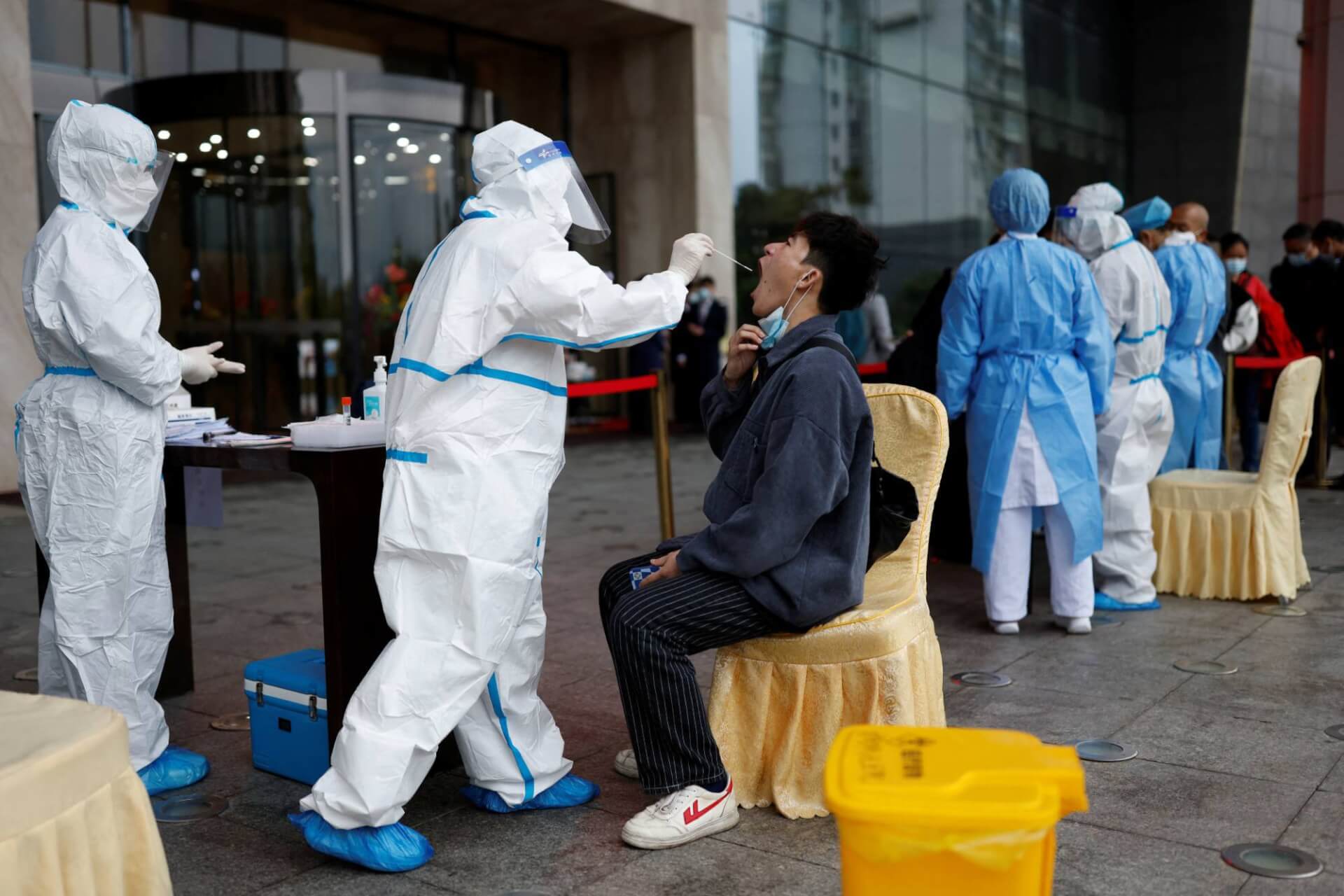Shanghai is set to reopen businesses and markets—including supermarkets, shopping malls, and convenience stores—today after they were shut down for over six weeks due to the city’s stringent zero-COVID policy. Flights between Shanghai and some other cities will also resume this week.
Shanghai’s deputy mayor, Chen Tong, announced at a press briefing on Sunday that the resumption of commerce and business activities will “progress in phases on the principle of orderly openness, limited flow, effective control and classified management.” He also informed that “special passages” will be designated for businesses to help limit the flow of people, while wholesale food markets will be ordered to carry out contactless transactions. Chen further noted that the number of operational outlets in the city has increased to 10,625 from fewer than 1,400, with the daily number of delivery orders reaching five million.
With joint efforts of the Chinese government & people, progress has been made in stemming the latest wave of COVID-19. Now the overall pandemic metrics in China are trending downward with a few upticks. Production and other business activities have resumed in an orderly fashion.
— MA Hui 马 辉 (@MahuiChina) May 15, 2022
The director of the Shanghai Municipal Commission of Commerce, Gu Jun, added that the city has come up with a business resumption plan for major foreign trade companies. In fact, the Commission has released two different “white lists” for 704 foreign trade companies, which cover retail services, foreign company headquarters, and port services. While 63% of the 142 white list trade companies in the first batch have already resumed operations, the second batch of 562 companies has begun making preparations for resuming business activity; the third batch of 820 white-listed companies will be released soon. This is the clearest reopening timetable provided by the city so far.
Shanghai’s strict zero-COVID strategy has received a lot of flak for food and water shortages, shutting down public transportation, locking people within their homes, and separating babies from their parents in case they test positive for the virus. However, President Xi Jinping has refused to scale back the repressive measures.
Police in Shanghai arresting a 17-year-old man who organized a Pot Strike on Internet, claiming that he disrupted public order. Pot Strike is the act that people under covid lockdown without enough food and daily essentials strike pots to protest. pic.twitter.com/YZrzz4Tbjh
— 中国文字狱事件盘点 (@SpeechFreedomCN) May 6, 2022
Despite the reopening of Shanghai, however, capital city Beijing is struggling to contain its outbreak, raising fears among residents of a Shanghai-style lockdown. On Monday, the capital suspended the activities of more businesses and announced three more rounds of mass nucleic acid testing in 12 areas. Local health authorities said that the city’s daily growth in new cases remains high.
Pang Xinghuo, who works with the Beijing Municipal Disease Prevention and Control Center, said during Sunday’s press conference that the virus is “very sneaky” and that “community-level transmission hasn’t yet been cut off.” He reported that a fresh cluster had broken out in Fengtai district’s Yuegezhuang market, where 15 people tested positive.
China could not attend the second virtual Global COVID-19 Summit because the US insisted on inviting Taiwan to the meeting. https://t.co/3eRmENU3ng
— Spokesperson发言人办公室 (@MFA_China) May 13, 2022
Another cluster was reported at the Yunda Express courier services company in the Fangshan district, where 21 infections have now been reported. Meanwhile, positive infections related to the China Railway outbreak reached 68.
In response to the growing infections, Beijing’s Municipal Health Commission urged health authorities on Sunday to strengthen nucleic acid testing on key groups working in public services. This includes deliverymen, hospitality staff, bus and subway drivers, and sanitation workers. It has now tested over 21 million people in 12 areas of the city over the past few weeks.

